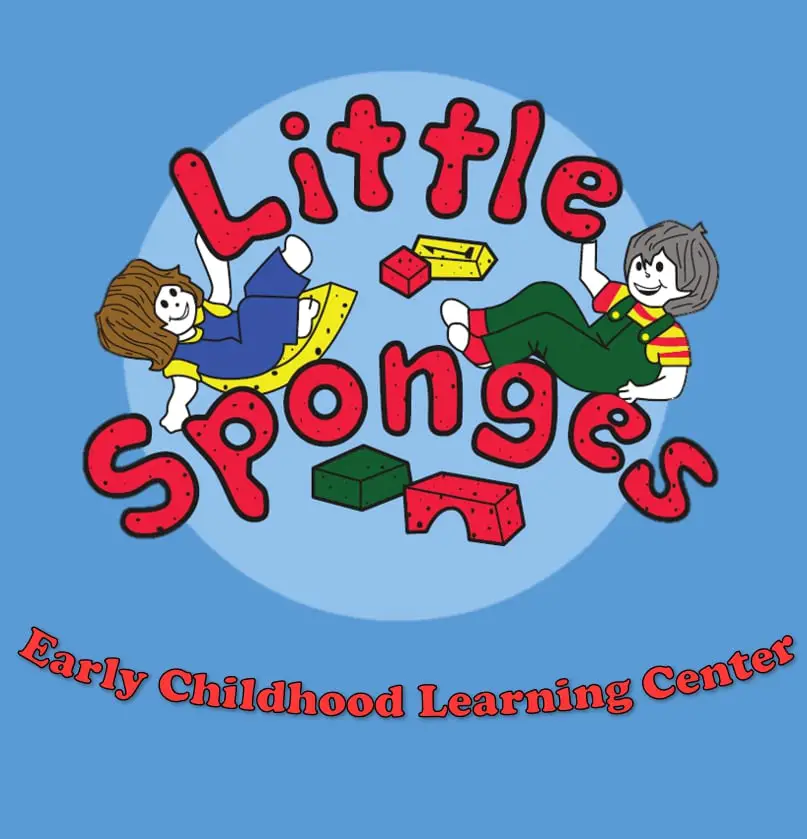
How to Stop Kids With Special Needs From Being Bullied
Q: How Can I Help My Child Who is Being Bullied in School for Having Tourette Syndrome?
Get can’t-miss family activities sent to you!
Get the Best Kid-Friendly Activities
Sent to You Weekly!
Treatments are available including effective behavioral management approaches. Reducing tic severity may go a long way to improve a child’s overall functioning.
Once you know that the school staff is doing everything they can to create an accepting and appropriate environment and you've worked with a professional to improve your child’s tic severity, see if there is a way to empower your child to speak out. Many TS advocacy organizations, such as the Tourette Association of America, have resources and programs that can help to provide important educational information for children, teens, parents, and school personnel. Under the right circumstances, it might be reasonable for the child to directly address their classroom and talk about a day in the life of someone with the disability, or put on a presentation to the school that could lead a larger discussion about tolerance, but especially for those who have a tic disorder.









